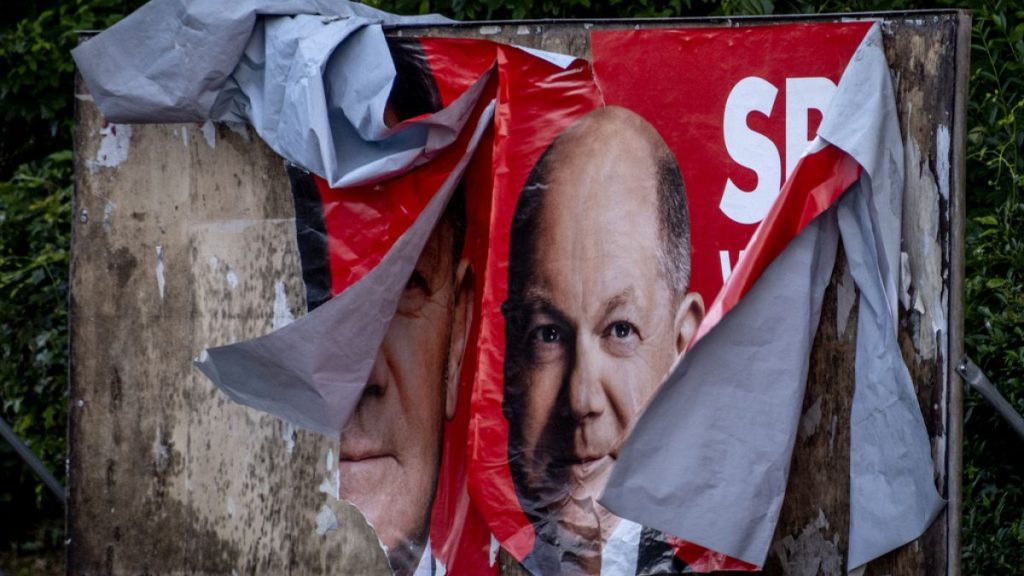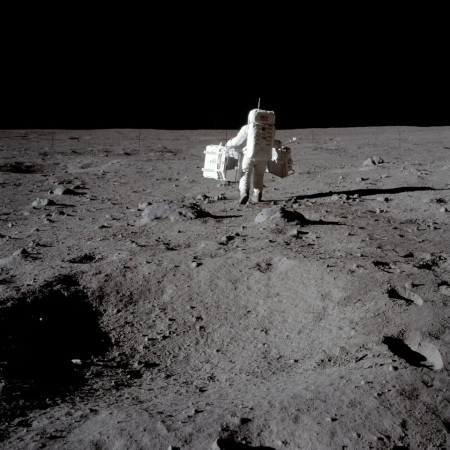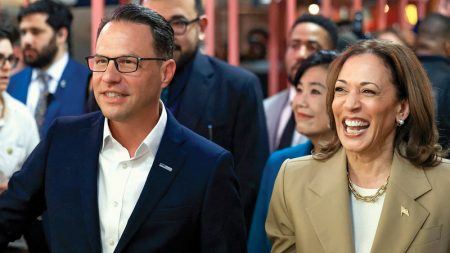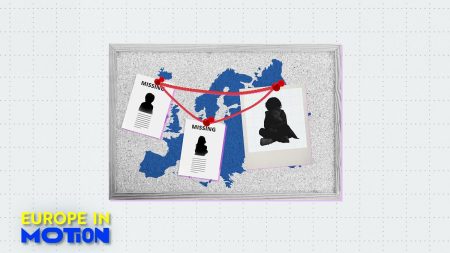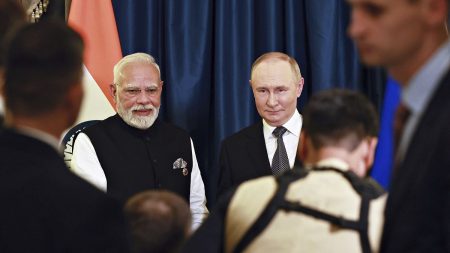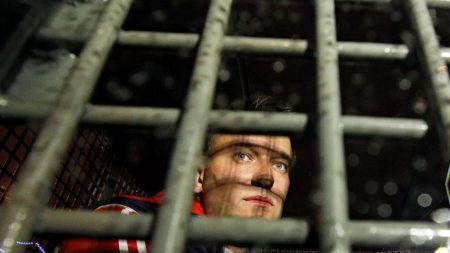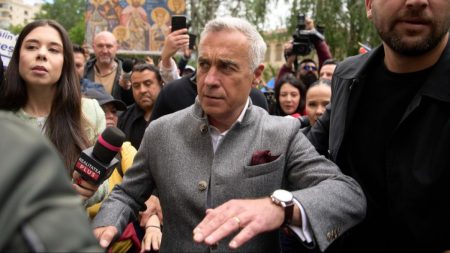Summarize this content to 2000 words in 6 paragraphs in Arabic
German Chancellor Olaf Scholz’s Social Democrats suffered their worst result in a national vote in more than a century, renewing questions over the government’s stability.
ADVERTISEMENTGermany’s ruling coalition government suffered a blow in Sunday’s election fallout, after the German chancellor’s social democratic SPD party came in third place behind the controversial far-right Alternative for Germany (AfD), which secured 15.9% of the vote.His coalition partners barely fared any better, with the liberal Free Democratic Party (FDP) taking just over 5% of the vote. The Greens saw a significant loss, dropping nine seats compared to the previous election in 2019, with 11.9% of the vote.The centre-right Christian Democrats took a clear lead, gaining 30% of the vote, sending 29 MEPs to the European Parliament out of Germany’s allocated 96.General elections aren’t due in Germany until 2025. However, the government has persistently disagreed on major issues such as the war in Ukraine, Germany’s budget and the green transition.”The coalition partners are quite different and opposed on the key issues. Polls and regional elections have seen them lose voters, which has increased infighting,” Michael Seufert, election polls analyst, told Euronews.SPD General Secretary Kevin Kühnert acknowledged his party’s poor performance, saying, “It’s a tough defeat for us today. We have to look for faults in ourselves” on German public broadcaster ARD.Scholz, whose face was plastered on posters across Germany alongside the SPD’s lead European candidate Katarina Barley, has seemingly confirmed his unpopularity in polls. As of January 2024, Scholz’s approval rating was at 28%, according to a Statista survey.Disaster for the GreensThe Greens suffered a major loss, seeing a decrease in support by 8.6% compared to 2019.CDU Party president Friedrich Merz told journalists the morning after the election, “All three lost, but biggest losers are the Greens. They will likely play no important role in the new EP, because their German delegation has shrunk so much.”In an interview with ZDF morning magazine, Federal Minister of Agriculture Cem Özdemir conceded that the Greens had “lost trust” amongst the electorate.”The Greens are not perceived as the party that has good answers, that takes people’s concerns seriously enough,” said Özdemir.Euronews polls analyst Boyd Wagner said, “Greens have arguably been the biggest backer of Ukraine in Germany. This makes them susceptible to being ‘anti-peace’ — not a typical place for a liberal, green type party.””Voters are also upset their focus is on these issues and haven’t done enough for Green issues in Germany. Then other voters centre-to-right see green issues as unimportant, or that the Green laws passed in Brussels have had a detrimental effect on economic growth — see the farmers protests,” commented Wagner. Support for green parties decreased across Brussels, with the Greens/European Free Alliance (EFA) losing 20 seats out of their total of 72.The youth vote and the AfDThe election marked the first time in Germany that voters aged 17 and 16 years old could vote.An analysis by German public TV ZDF suggests support for the right-wing is solid among young Germans, with an estimated 17% of voters aged between 16 and 24 casting their ballots for the radical right-wing AfD, while another 17% supported the conservative CDU/CSU.This trend seemingly runs counter to previous elections, as the German Greens traditionally relied on a strong youth vote.According to Kilian Hampel, co-author of the Youth in Germany study, “The AfD has represented an opportunity for young people to express their dissatisfaction with the current government and their personal situations.”ADVERTISEMENTSocial media and TikTok — where the AfD have gathered thousands of followers — also played a role. “The AfD has brought political content closer to young people through social media, who otherwise don’t feel safe or heard on the internet from the traditional parties.”Others say that the AfD represents a protest vote for those who are dissatisfied with the current government.“You have a certain amount of people who vote for a right-wing party because of their political beliefs. However, you have this other group who vote out of protest,” Antonios Souris, a political research fellow at the Free University in Berlin, told Euronews.”When you look at the coalition at the national level, but also at the coalitions at the sub-national level, the AfD is basically the only party which is not governing. So, if you want to punish the government, many people may think of voting for the AfD to get their voices heard,” concluded Souris.
رائح الآن
rewrite this title in Arabic Why did Olaf Scholz’s coalition do so badly?
مقالات ذات صلة
مال واعمال
مواضيع رائجة
النشرة البريدية
اشترك للحصول على اخر الأخبار لحظة بلحظة الى بريدك الإلكتروني.
© 2026 جلوب تايم لاين. جميع الحقوق محفوظة.






